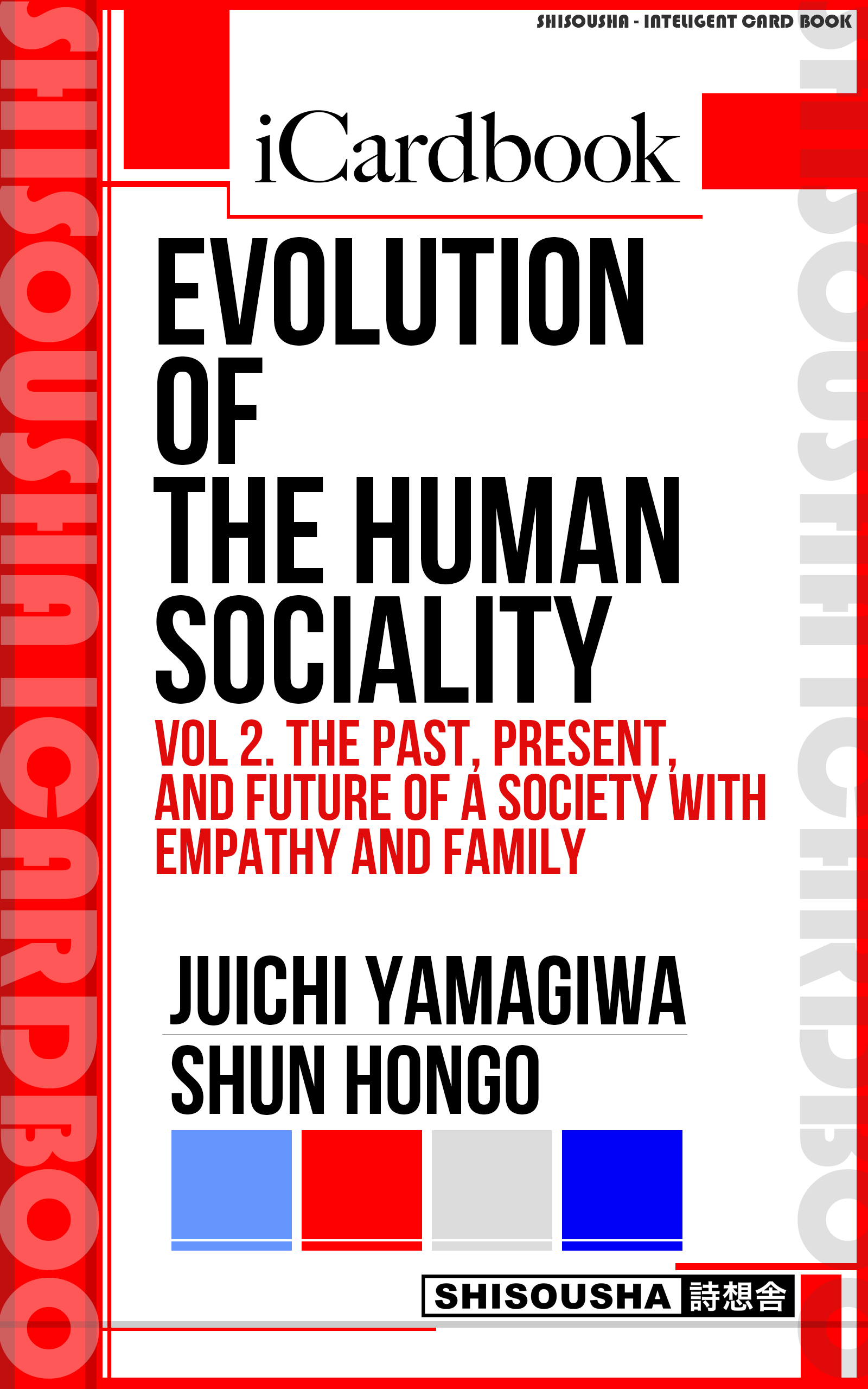However, a controversy arose as to whether the Japanese macaque’s potato washing behavior was acquired by observational learning or by individual learning by trial and error.
The Italian primatologist Elisabetta Visalberghi noted that when Japanese macaques were released onto artificial sand beaches created in a Roman zoo, the potato-washing behavior eventually spontaneously developed. In the case of Koshima, it took four years for the behavior to spread throughout the group.
It is thought that monkeys do not copy their peers’ behavior, but rather understand the objective (“intent imitation”) and learn individually. Indiscriminate imitation—”monkey see, monkey do”—is, in fact, an ability that only humans possess.
■References (Books, papers, Web articles, etc.)
『霊長類学を学ぶ人のために』 西田利貞・上原重男編 (世界思想社、1999)
★If you interested in this text, please have the following ebook at hand. For that, Click on the URL below.
https://society-zero.com/icardbook/012/index.html
★This article is a piece of "knowledge card" that makes up iCardbook, "Evolution of Human Sociality(Juichi Yamagiwa, Shun Hongo)"
iCardbook, a card-type specialized book that organizes “Knowledge Cards” is a new form of book in the smartphone age.
■iCardbook Benefits:Good value for reading
・you can read it quickly in your pocket of time, e.g. commuting
・You can immediately understand the "drawing " in the author's head
・Amazon Prime members can read for free
◎About iCardbook(english)
https://society-zero.com/icard/icardbookenglish
◎About iCardbook(japanese)
https://society-zero.com/chienotane/archives/5067
■The References list of “Evolution of Human Sociality”






